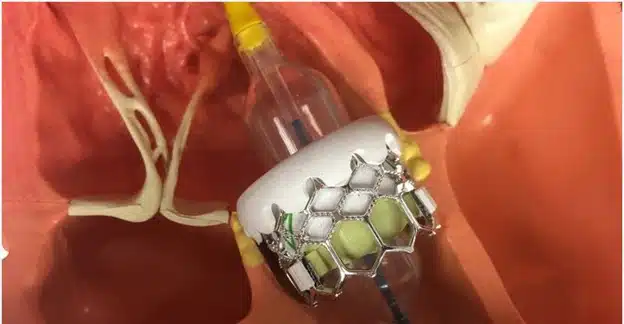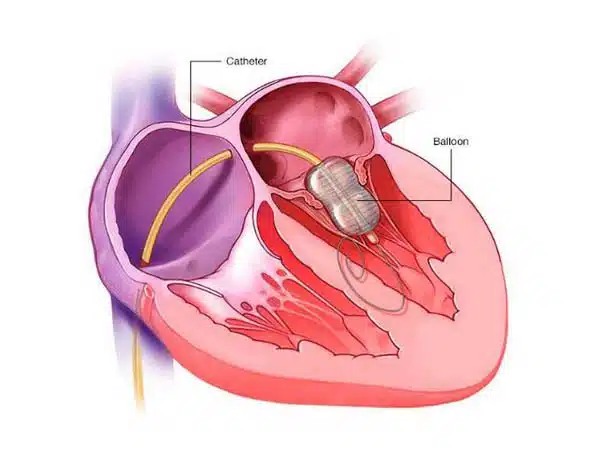Aortic valve replacement or mitral valve replacement is a procedure done to replace these valves when they do not function correctly. Due to the aortic valve and mitral valve imperfect functioning, serious complications can be experienced by patients and it may even prove fatal to them. Replaced valves can last for a long time.
What is the aortic valve or mitral valve function?
The heart possesses four valves including aortic valve, mitral valve, tricuspid valve, and pulmonary valve. The valves flow blood in the proper direction through the heart. Mitral and tricuspid valves have the role of controlling the blood flow from the atria to the ventricles. Aortic and pulmonary valves are in charge of controlling blood flow out of the ventricles. The aortic valve and mitral valve are the most commonly discussed heart valves. The mitral valve discrete the upper and lower chambers on the left part of the heart. The aortic valve is located between the aorta and the left ventricle. It is located at the top of the left lower chamber.
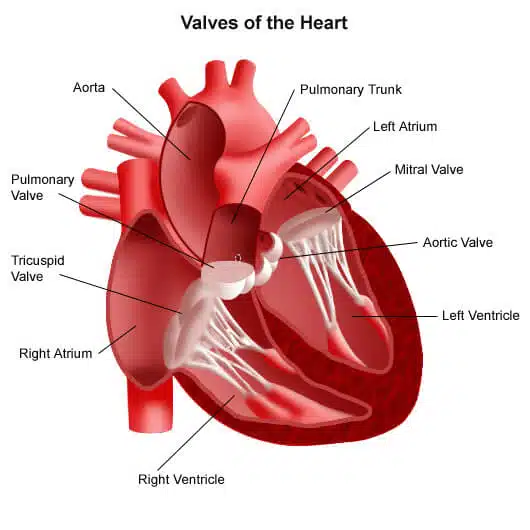
The aortic valve and mitral valve function problems
Two main common conditions affect the mitral and aortic valves function:
- Regurgitation
This condition means that the aortic valve or mitral valve has a leakage problem and they do not close fully. Thus, the blood flows backward forcing the heart to pump more blood on the next time week. It causes the heart to work harder.
- Stenosis
This condition means that the aortic valve – mitral valve gets narrow. So, they do not open fully. It causes limited blood flow out of the champers leading to heart blood pumping with increased force to move blood through narrowed valves. The imperfect opening and closing of the mitral and aortic valves can be serious for heart and lead to a variety of complications such as heart failure.
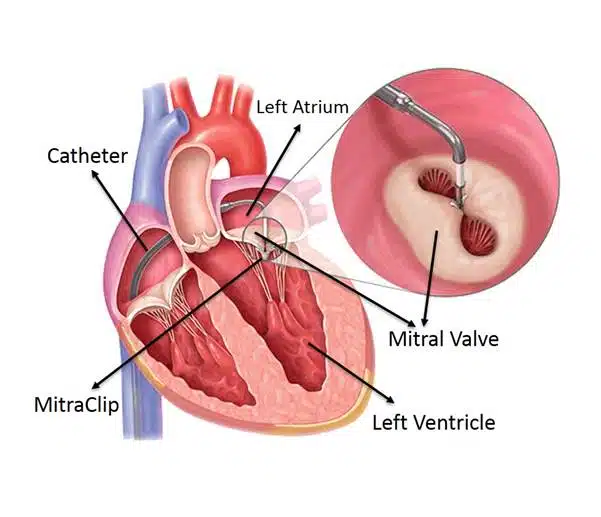
Aortic valve or mitral valve replacement surgery
When the two valves problems are too advanced and serious, it cannot be cured by techniques such as reshaping or repairing. In these cases, the surgeons will proceed with an aortic and mitral valve replacement. They can be replaced with either a biological or a mechanical valve.
Mechanical valves
These valves are made of materials such as titanium and pyrolytic carbon that are durable and synthetic. The duration of mechanical valves is approximately 30 years and the patients have to take blood-thinning medication such as Coumadin and warfarin forever. Mechanical valves are recommended for patients below 50 years old.
Biological valves
These valves are made of animal tissue. They can last roughly 10-15 years. The patients do not have to take long term blood-thinning medications. It is recommended for patients above 65 years old.
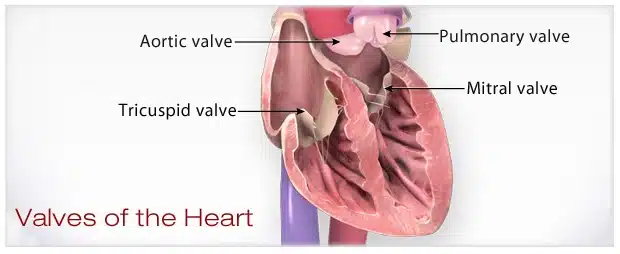
Heart valve replacement procedure
Aortic valve replacement or mitral valve replacement procedure is done under general anesthesia. To get to your heart the surgeon has to open your heart. The surgeon connects your heart to a cardiopulmonary machine to isolate it. So, the heart is stopped. The surgeon removes any tissue and calcification deposits that may interfere with the normal valve function. Then, the surgeon removes the damaged valve completely and sews the new valve into the removed valve place. Now, the newly replaced valve starts to work. Then the doctor performs a test to assure that the heart valve works properly. Next, the blood flow is restored to the heart and the surgeon closes the incisions. The duration of the aortic valve replacement or mitral valve replacement surgery is different from patient to patient and varies between 3 to 5 hours.
